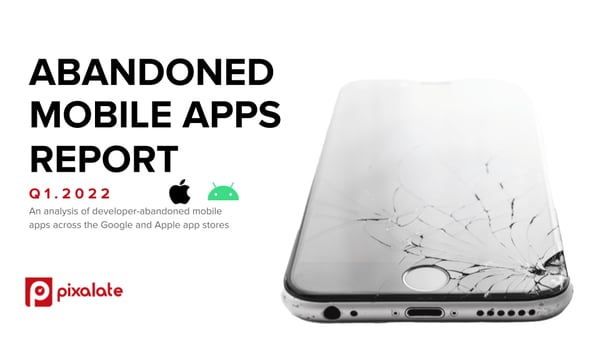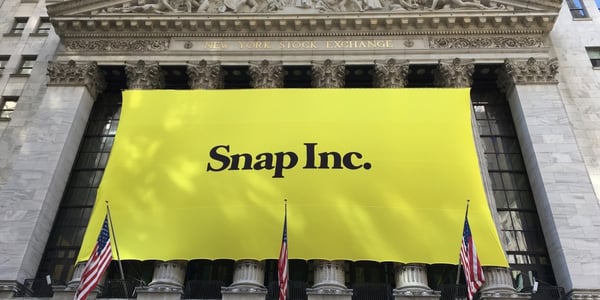
This week's review of ad fraud and privacy in the digital advertising space.

Pixalate released its Abandoned Mobile Apps Report: Q1 2022, showing that over 1.5 million apps between the Google Play Store and Apple App Store appear to have been “abandoned,” meaning that they haven’t been updated in over two years.

MediaPost published the results of a report showing that consumer interest is growing in TikTok, while Facebook and Twitter are struggling to maintain their market shares. In March 2022, users of TikTok’s Android app spent an average of 1 hour, 22 minutes a day on the platform, dwarfing the average daily time spent on Facebook, Twitter, Snapchat, Instagram or YouTube, according to the report.
With this boost in popularity, TikTok is seeing its ad stream revenue grow, while its main competitors' growth is slowing or falling. The article goes on to state that “according to Similarweb's estimates, traffic directed to ads.tiktok.com was up 199% year-over-year in Q1 2022, compared to just 22% for Facebook and only 3.6% for Twitter.”

On May 4th, the Connecticut legislature passed S.B. 6, the Connecticut Data Privacy Act. The bill will now head to Governor Ned Lamont’s desk for signature and will make Connecticut the fifth state to pass a comprehensive online privacy law.
Similar to laws passed in California, Utah, Virginia and Colorado, consumers will now be given certain rights including right to access, to correct, to delete, to data portability, and to opt-out.

The Washington Post reports that a 16-year-old former user of Snapchat is suing the tech giant alleging that the apps designers have done next to nothing to prevent the sexual exploitation of minors on the platform. The case ‘raises difficult questions about privacy and safety, and it throws a harsh spotlight on the tech industry’s biggest giants, arguing that the systems they depend on to root out sexually abusive images of children are fatally flawed.”
Snapchat has now surpassed the 100 million daily user mark and is used by 90% of U.S. residents aged 13 to 24. The lawsuit is saying that Snapchat is essentially defective and is more concerned with keeping kids’ attention than protecting their privacy and safety online.

With the possibility of the Roe v. Wade decision being overturned by the U.S. Supreme Court, menstrual cycle tracking apps are now being put on the spot to defend their privacy policies. The information stored on these apps isn’t covered by HIPAA, so companies have a lot of freedom in how they use this data.
Fears are rising that information collected by these apps could be used in the future to prosecute women seeking abortions.
*By entering your email address and clicking Subscribe, you are agreeing to our Terms of Use and Privacy Policy.
These Stories on Weekly Recaps
*By entering your email address and clicking Subscribe, you are agreeing to our Terms of Use and Privacy Policy.

Disclaimer: The content of this page reflects Pixalate’s opinions with respect to the factors that Pixalate believes can be useful to the digital media industry. Any proprietary data shared is grounded in Pixalate’s proprietary technology and analytics, which Pixalate is continuously evaluating and updating. Any references to outside sources should not be construed as endorsements. Pixalate’s opinions are just that - opinion, not facts or guarantees.
Per the MRC, “'Fraud' is not intended to represent fraud as defined in various laws, statutes and ordinances or as conventionally used in U.S. Court or other legal proceedings, but rather a custom definition strictly for advertising measurement purposes. Also per the MRC, “‘Invalid Traffic’ is defined generally as traffic that does not meet certain ad serving quality or completeness criteria, or otherwise does not represent legitimate ad traffic that should be included in measurement counts. Among the reasons why ad traffic may be deemed invalid is it is a result of non-human traffic (spiders, bots, etc.), or activity designed to produce fraudulent traffic.”

